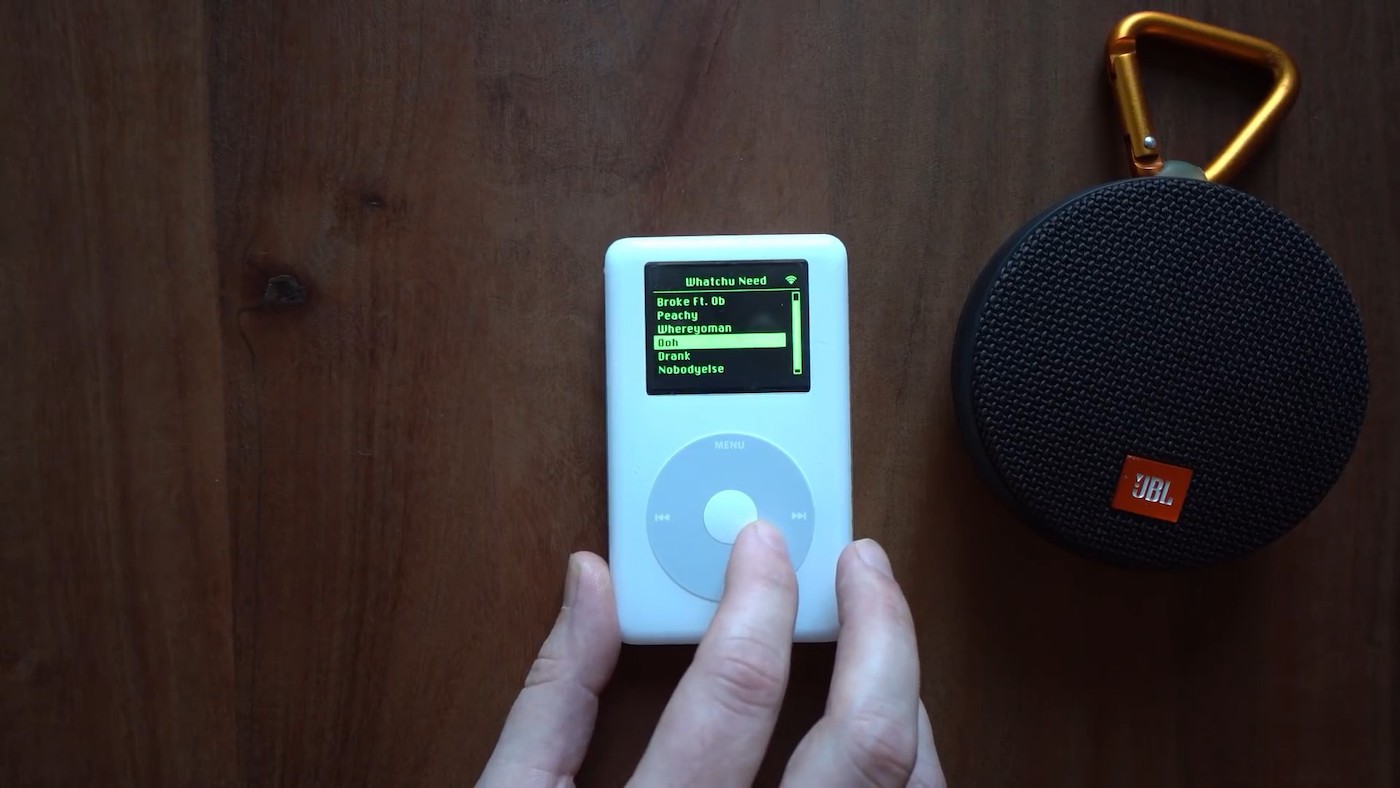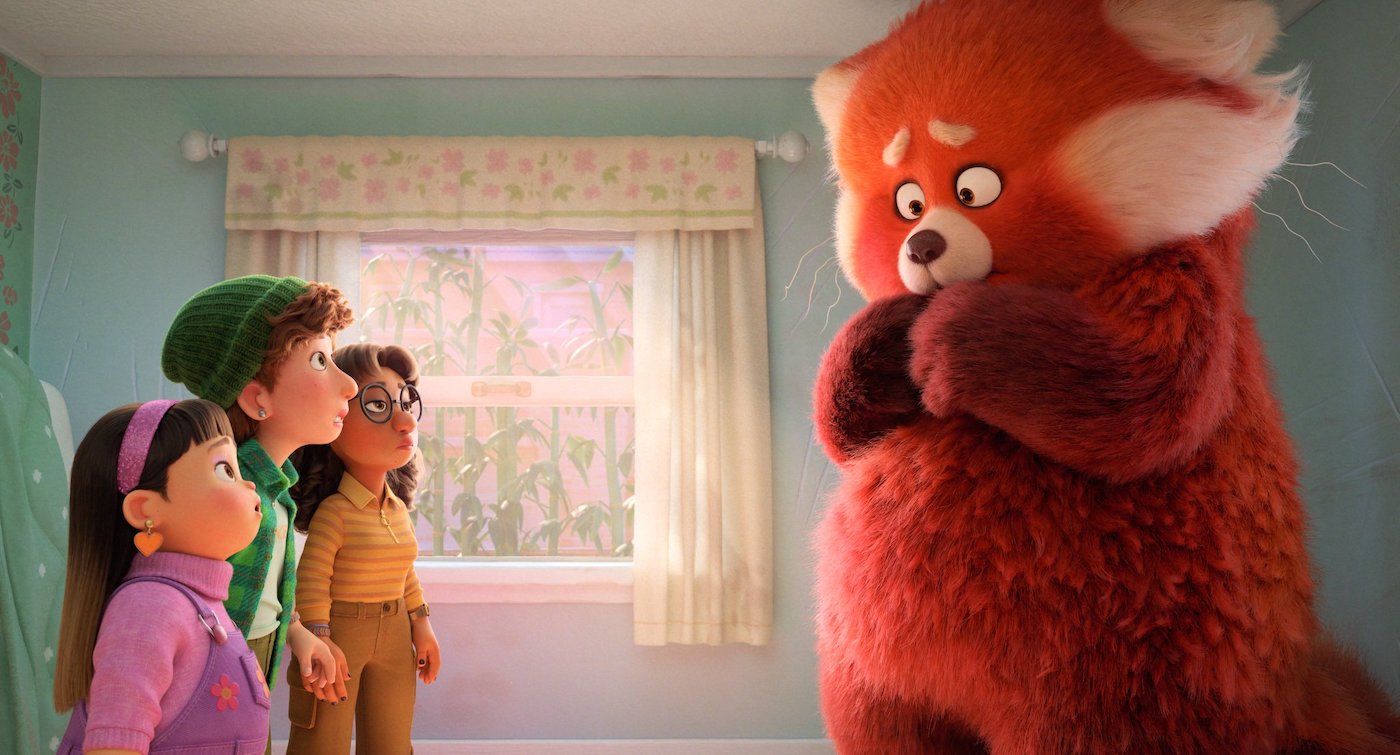Twitter, Instagram, Facebook: how to free yourself from the grip of social networks?
It was believed at its launch that the Internet would only be a fad. It has become today essential to the functioning of our society (even administratively) which has become dependent on it. We also thought at their launch that social networks would tire us quickly. They are still not essential today, but many are those who have become dependent. Should we continue to suffer from this silent addiction, hypnotized as we are by the glamorous stars, videos of cats and photos of fanned toes on the Cancún beach of our homie Jim? As we are aware of not being immortal, we say to ourselves that it is maybe time to go back to rehab and bring you with us.
Social networks: conscience and science c#*
Facebook, Instagram and company are attention vampires. We all know today that our clicks and unhappy glances are transformed into information to be sold to the highest bidder. However, if it is hard to live without, it is even more complicated to cut yourself off from them and realize that they often do not bring us much more than a waste of time. It is therefore here that the first really important step is hidden when you wake up: become aware of the negative psychological impact on your daily life of your addiction to social networks. This is essentially what Dr. Sharon Horwood, lecturer in psychology at Deakin University, explains in the columns of our colleagues at The Conversation.
If you can’t go a day without browsing the sites, and you feel compelled to “love” or be “loved,” like in a couple, that means your relationship is in trouble.
The Australian points out that it’s not the time spent on social networks that may be the problem, but especially what we do there. This flow of information available 24 hours a day is, according to her, an activator of fatigue. Quoting a study by the University of Amsterdam, she reminds us that living in a permanently online world leads to a decrease in self-control regarding social networks and has negative consequences for our well-being. Thereby, we know what we are doing is not good for us but we do it anyway. Faced with this pessimistic observation, Horwood has some advice for us to “heal” ourselves.
I love you, me neither!
The psychologist suggests three ways to find a slightly healthier life away from social networks or in a slightly more controlled use of them.
She invites us first of all to “a trial separation”. You just take your distances from the networks for one or two weeks, taking care to warn those who follow you there. This will uninstall apps from your phone. If at the end of this distance, you realize that the Earth has continued to revolve around you and you feel better, then it may be time to erase your profiles permanently.
Feeling like you’re in an unhealthy relationship with social media? Here’s some tips to break up with your socials and reclaim some time and happiness! My article for The Conversation https://t.co/ajF1WTaMhr
— Sharon Horwood (@Sharon_Horwood) February 14, 2022
Another track recommended by the Australian to have a freer spirit, do not multiply platforms. Facebook, Instagram, YouTube, TikTok, Pinterest, Snapchat, Twitter, WhatsApp, Tumblr, Reddit… the offer is plethoric and you end up getting lost by going from one to another. So choose one or two apps that really give you two very different experiences and uninstall the others.
Finally, if you find that the two methods mentioned above are too complicated for you, you can take small steps in your distance. start with deactivate the notifications. Thus, your attention on social networks will be better since you will catch up with time during a single visit session. You can even set an alarm and you keep a time slot each day, from 8 p.m. to 8:20 p.m. for example. You can also clean up the accounts and people you follow and unsubscribe from those that don’t really interest you. Again, your attention will not be lost in potential emptiness but retained by subjects/friends who really matter to you.
Sharon Horwood therefore warns us against this waste of time linked to social networks for some of us, while recalling all the same thatthey don’t just have flaws :
Throughout the pandemic, the ability to stay in touch with people we can’t see in person has become incredibly valuable. Social media can also help people find their tribe, especially if the people in their offline world don’t share their values and beliefs.
Again, it’s up to us to find the balance between usefulness and futility of the whole.

